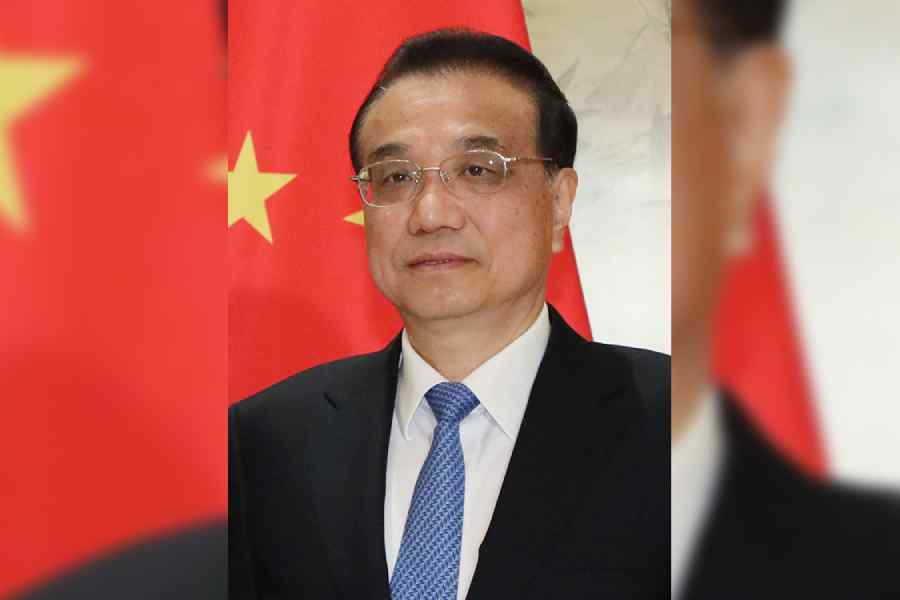China’s former Premier Li Keqiang died early on Friday of a heart attack, China announced, an abrupt end to the life of a leader who had served alongside President Xi Jinping for a decade and set a milder tone while never appearing to directly challenge Xi’s hardline policies.
Li, 68, was visiting Shanghai when he suddenly suffered a heart attack, a report on Chinese state television said. “All efforts to resuscitate him failed,” the report said.
Li was once considered a potential top leader of the ruling Chinese Communist Party. But in the end, he was overtaken by Xi, and became China’s Premier — the leader of the cabinet — in 2013. Over the following 10 years, he steered Chinese government ministries but appeared to wield less power than former Premiers, with Xi dominating policy instead.
Li, who had a doctorate in economics, exemplified a generation of highly educated Chinese leaders who rose quickly in the 1980s and 1990s as Mao Zedong’s generation faded from politics.
But he and many of his contemporaries lost much of their influence in the past decade, as Xi consolidated power and promoted an inner circle of Communist Party loyalists whom he has known for decades.
Before Xi became the top leader, “officials like Li Keqiang did very well and continued the institutionalisation of the party”, said Victor Shih, a specialist in Chinese factional politics at the University of California, San Diego. But Li and many other professionals “were not as practiced in the ruthless politics that always has characterized elite politics”, he said.
Born in Anhui province in eastern China, Li studied law and economics at Peking University, where he mixed with liberal students who later threw themselves into the pro-democracy movement of 1989. But Li chose another path, rising through the Communist Party’s Youth League.
He later served as a provincial leader and was seen as a potential successor to Hu Jintao, the Chinese leader who also rose through the Youth League.
But Xi emerged as the top leader in 2012, and Li worked in his shadow.
As Premier, Li sought to reduce government red tape and interference in the private economy. But Xi dominated the major decisions.
Xi had muscled Li aside on a broad range of policy issues over the past decade. Xi created a series of Communist Party commissions to make policy on issues like national security, the economy and finance, supplanting much of the policymaking role once played by government ministries, which reported to Li as the Premier.
Li “must have lived a life of frustration and unhappiness for the past 10 years”, said Barry Naughton, another specialist in Chinese politics at the University of California, San Diego.
“He had been so systematically deprived of power and influence by Xi Jinping that I don’t think his passing will have much impact on the political situation in China.”
Chinese Internet users expressed shock at the news of Li’s death on Weibo, China’s Twitter-like social media platform.
“He will always live in our heart,” one commenter wrote. “This is too shocking,” wrote Hu Xijin, the former chief editor of Global Times, a Communist Party newspaper. “Deep condolences.”
Shi Feike, a lawyer and former investigative journalist, said that some people, like him, would remember Li for his liberal leanings and his advocacy of market reforms.
“He may not have been a strong and forceful politician, nor a proficient public speaker,” Shi wrote in a post on the social media platform WeChat. “But in my impression, almost all his public expressions were closely related to keywords such as democracy, rule of law, market economy and government streamlining.”
“May this elderly man who was aligned with the direction of his time rest in peace!” he wrote.
Deaths of leaders in China are regarded as politically sensitive, with the potential for setting off unrest, raising the question of how Xi and the Communist Party will commemorate Li.
New York Times News Service










